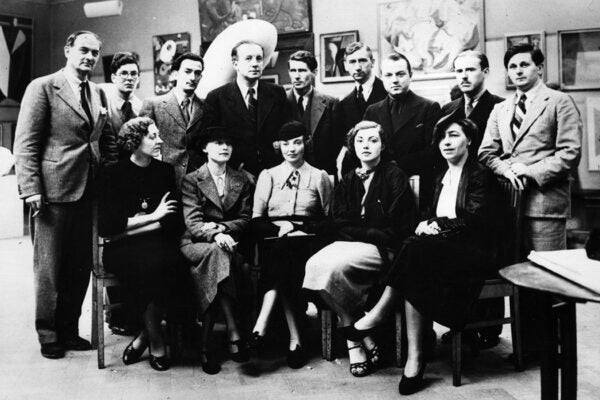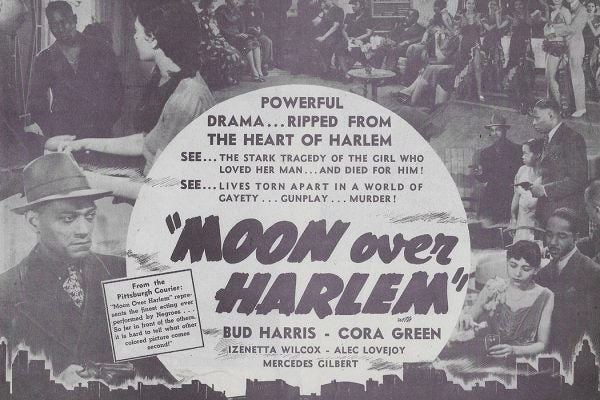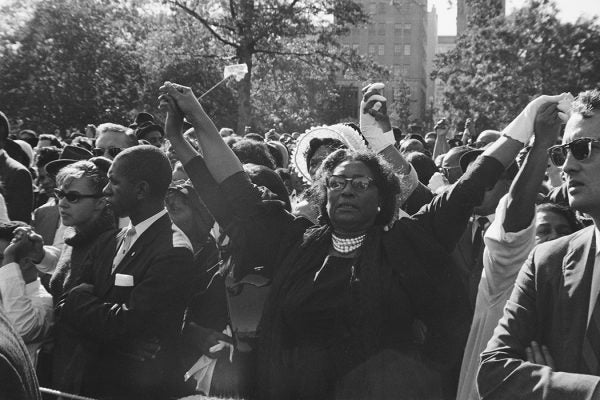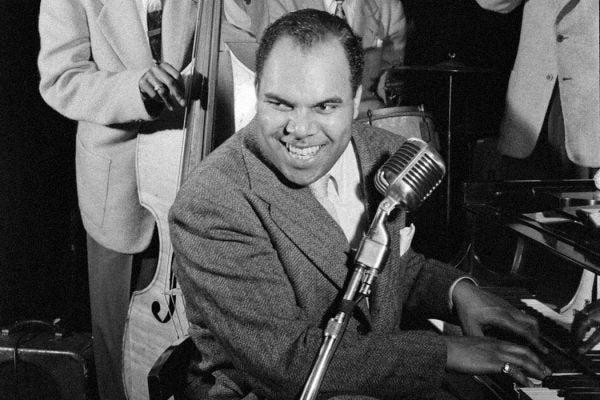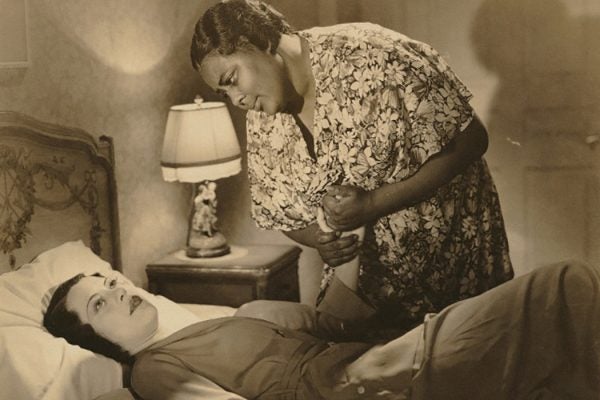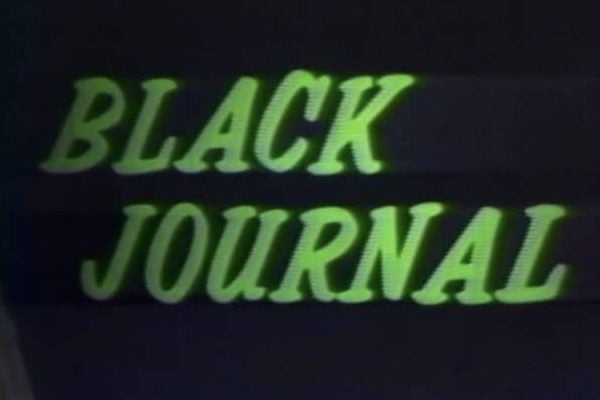Surrealism at 100: A Reading List
On the centennial of the founding of Surrealism, this reading list examines its radical beginnings, its mass popularity, and its continued evolution.
The Indelible Lessons of Erasure
A Percival Everett fan weighs in on the novelist’s approach to racial satire and considers the translation of Erasure to the big screen in American Fiction.
Are Video Games Like Novels?
Video games as interactive storytelling? Maybe not at first glance, but as Eric Hayot explains, the interplay between game and narrative is real.
How Film Ads Were Part of the Fight Against Segregation
In the Jim Crow era, Black film theaters were left out of the "first-run" distribution channels. Theater owners used creativity to attract their audiences.
Making Eyes on the Prize
One of the most influential historical documentaries of all time almost didn't get made.
Black Camerawoman Jessie Maple’s Fight to Join a Union
Her climb into filmmaking began with programs designed to train African Americans. But to succeed, she needed to break into a mostly white male union.
The Amazing Story of Phil Moore, Hollywood Star Maker
As the first salaried Black musician at a major studio, he was a leader in shaping the sound of movies—though he was often uncredited.
Why Didn’t Movies about Passing Cast Black Actors?
"Social problem" films were all the rage after World War II. So how could movies about racism be so conservative?
Anti-Imperialist Propaganda Posters from OSPAAAL
OSPAAAL, the international, pro-communist organization formed in 1966, decried American imperialism with powerful propaganda.
Black Journal and Liberatory Television
Underrepresented in the country's newsrooms, Black journalists found an outlet on public affairs shows like Black Journal.
